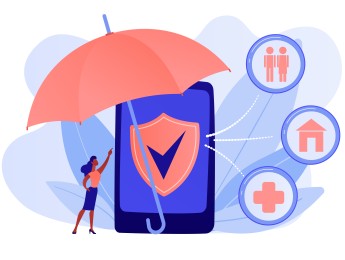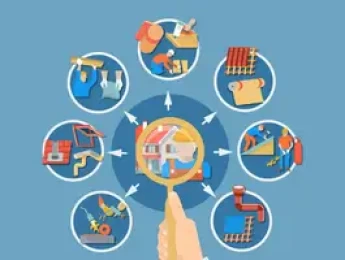This training course explores the critical role of microinsurance in advancing financial inclusion for underserved and low-income populations. Microinsurance provides affordable risk protection against health issues, crop failures, natural disasters, and other vulnerabilities that disproportionately affect marginalised communities. By linking insurance to financial inclusion, the course highlights how microinsurance empowers individuals, supports economic resilience, and contributes to sustainable development.
Participants will gain an in-depth understanding of microinsurance models, product design, distribution channels, and the regulatory frameworks that enable its growth. The course also addresses the challenges of reaching vulnerable populations and explores innovative solutions such as digital platforms, mobile payments, and public-private partnerships.
By the end of this course, participants will be able to:
- Understand the principles and purpose of microinsurance.
- Evaluate the link between microinsurance and financial inclusion.
- Analyse microinsurance product design tailored to low-income communities.
- Explore distribution channels, including community-based and digital models.
- Assess regulatory and policy frameworks that support microinsurance growth.
- Identify challenges and innovative solutions in expanding financial protection.
This course is ideal for:
- Insurance and microfinance professionals.
- Policy makers and regulators.
- NGOs and development organisations.
- Financial inclusion specialists.
- Entrepreneurs and innovators in insurance technology.
The course combines interactive lectures, case studies, and group discussions. Participants will review global examples of microinsurance schemes, analyse the impact of financial inclusion programs, and explore innovative digital approaches to expand access to insurance.
Day 5 of each course is reserved for a Q&A session, which may occur off-site. For 10-day courses, this also applies to day 10
Section 1: Introduction to Microinsurance
- Defining microinsurance and its role in poverty reduction.
- Differences between traditional insurance and microinsurance.
- Global trends and successful initiatives.
Section 2: Microinsurance and Financial Inclusion
- The relationship between financial protection and economic resilience.
- The role of microinsurance in supporting sustainable development goals (SDGs).
- Empowering communities through risk-sharing mechanisms.
Section 3: Product Design and Delivery Models
- Designing insurance products tailored to low-income populations.
- Health, agriculture, and disaster microinsurance products.
- Distribution channels: community-based, microfinance institutions, and digital/mobile platforms.
Section 4: Regulatory and Policy Frameworks
- National and international regulations supporting microinsurance.
- Consumer protection and transparency.
- Public-private partnerships for scaling access.
Section 5: Innovations and Future of Microinsurance
- Leveraging technology: mobile payments, digital IDs, and AI-driven risk assessments.
- Case studies of innovation in Africa, Asia, and Latin America.
- Future challenges and opportunities for scaling microinsurance globally.
Upon successful completion of this training course, delegates will be awarded a Holistique Training Certificate of Completion. For those who attend and complete the online training course, a Holistique Training e-Certificate will be provided.
Holistique Training Certificates are accredited by the British Accreditation Council (BAC) and The CPD Certification Service (CPD), and are certified under ISO 9001, ISO 21001, and ISO 29993 standards.
CPD credits for this course are granted by our Certificates and will be reflected on the Holistique Training Certificate of Completion. In accordance with the standards of The CPD Certification Service, one CPD credit is awarded per hour of course attendance. A maximum of 50 CPD credits can be claimed for any single course we currently offer.
- Course Code PO5-128
- Course Format Classroom, Online,
- Duration 5 days













